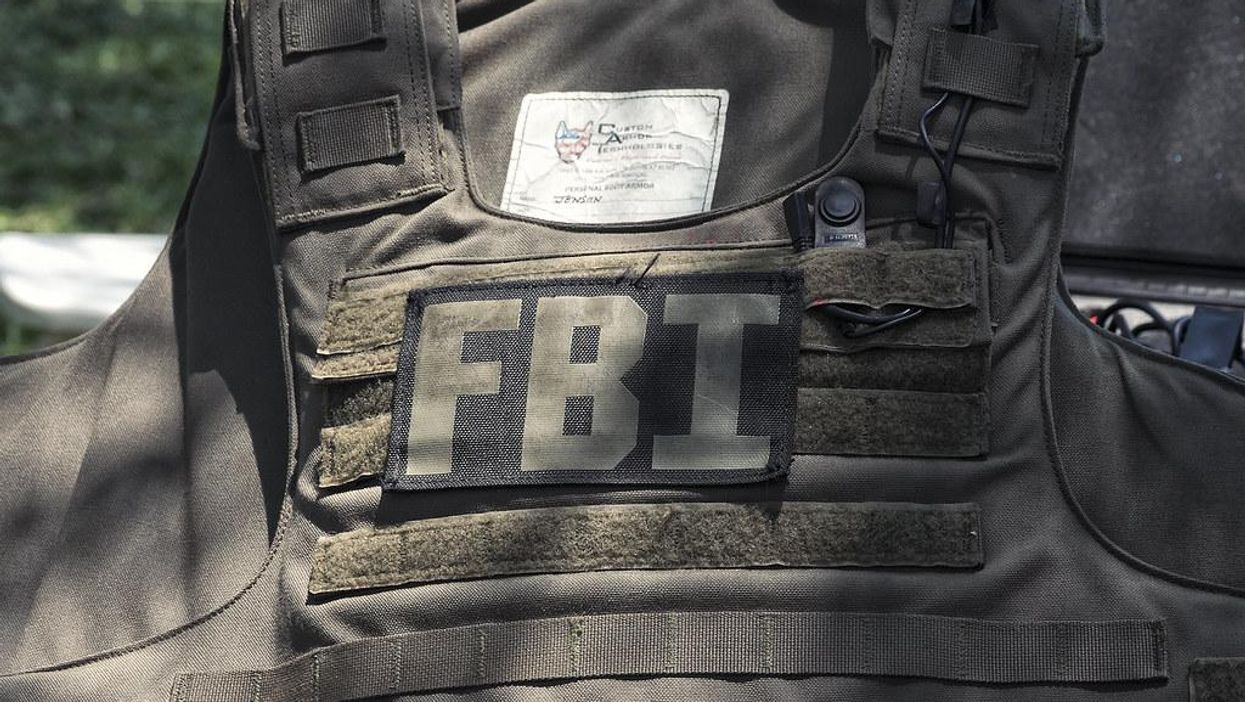White Nationalist Murders Ten In Shooting At Buffalo Grocery Store
By Steve Gorman and Moira Warburton
(Reuters) -An 18-year-old white gunman shot 10 people to death and wounded three others at a grocery store in a Black neighborhood of Buffalo, New York, before surrendering to authorities, who called it a hate crime and an act of "racially motivated violent extremism."
Authorities said the suspect, who was armed with an assault-style rifle and appeared to have acted alone, drove to Buffalo from his home in a New York county "hours away" to target the store in an attack he broadcast on the internet. Eleven of the 13 people struck by gunfire were Black, officials said.
The suspect, who was not immediately named by police, was heavily armed and dressed in tactical gear, including body armor, police said.
When confronted by officers in a vestibule of the store, the suspect held a gun to his own neck but they talked him into dropping the weapon and surrendering, Buffalo police commissioner Joseph Gramaglia told a news briefing.
Gramaglia said the gunman shot and killed three people in the parking lot of the Tops Friendly Market before exchanging fire with a former police officer working as a security guard for the store, but the suspect was protected by his body armor.
The guard was one of the 10 people shot to death in the incident, the nine others all being customers. Three other employees of the store, part of a regional chain, were wounded but are expected to survive, authorities said.
Stephen Belongia, the FBI special agent in charge of the bureau's Buffalo field office, said the attack would be investigated both as a hate crime and as an act of "racially motivated violent extremism" under federal law.
Jonathan Greenblatt of the Anti-Defamation League said, "While details of the horrific shooting in Buffalo are still emerging, there are already strong indicators that the individual who allegedly carried out this attack was heavily influenced by white supremacist ideology, including the virulently anti-Semitic and racist 'Great Replacement' conspiracy theory. Make no mistake: This is the same hateful anti-Semitic bile that inspired the shooters in Pittsburgh, Poway, El Paso and Charleston."
"This person was pure evil," Erie County Sheriff John Garcia said, his voice quaking with emotion. "It was a straight-up racially motivated hate crime from somebody outside of our community."
The suspect was expected to make his first court appearance to face murder charges by day's end, officials said.
"This is a day of great pain for our community," Buffalo Mayor Bryon Brown told reporters. "Many of us have been in and out of this supermarket many times. ... We cannot let this hateful person divide our community or our country."
Brown said he had received calls from the White House and New York's attorney general, Letitia James.
White House Press Secretary Karine Jean-Pierre said President Joe Biden had been briefed on the "horrific shooting."
Biden "will continue to receive updates throughout the evening and tomorrow as further information develops. The president and the first lady are praying for those who have been lost and for their loved ones," Jean-Pierre added.
Senate Majority Leader Chuck Schumer, the senior US senator from New York, said in a tweet: "We are standing with the people of Buffalo."
The governor of New York, Kathy Hochul, also tweeted that she was monitoring the situation, and asked people in Buffalo to "avoid the area and follow guidance from law enforcement and local officials."Rep. Jerry Nadler, a New York Democrat and chairman of the House Judiciary Committee, said the attack appeared to be the work of a violent white supremacist.
"We must pass the Domestic Terrorism Prevention Act, without delay," he wrote on Twitter.
Last month, a "sniper-type" shooter opened fire in an upscale Washington neighborhood, wounding four people before taking his own life.
Police suspected that graphic video of that shooting which circulated online shortly afterward was filmed by the shooter himself, but have not confirmed the authenticity or if it was live-streamed.
Despite recurring mass-casualty shootings and a nationwide wave of gun violence, multiple initiatives to reform gun regulations have failed in the US Congress, leaving states and localities to enact their own restrictions.
The United States suffered 19,350 firearm homicides in 2020, up nearly 35 percent as compared to 2019, the Centers for Disease Control and Prevention (CDC) said in its latest data.
(Reporting by Steve Gorman in Los Angeles, Pete Schroeder and Moira Warburton in Washington; editing by Daniel Wallis)












